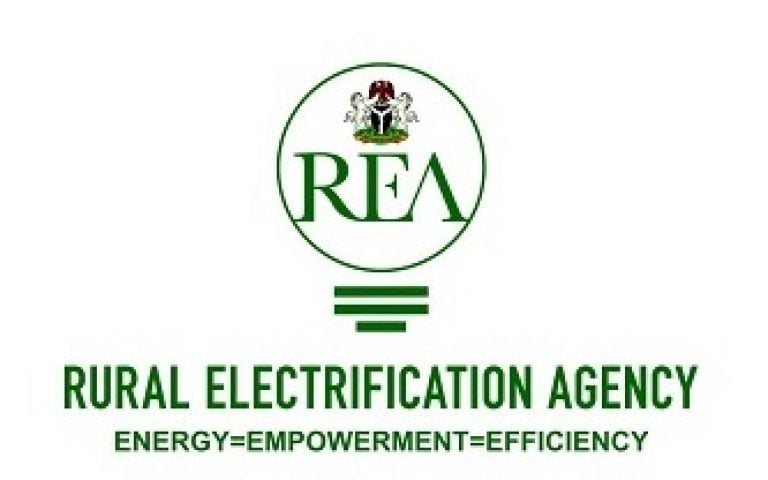Stakeholders at the Nigeria Renewable Energy Innovation Forum have called for stronger collaboration, innovation, and targeted investments to accelerate Nigeria’s transition toward renewable energy and ensure sustainable power access for all citizens.
According to a statement on Tuesday, the two-day forum, organised by the Rural Electrification Agency in Abuja, convened key industry players, policymakers, private sector leaders, equipment manufacturers, and development partners to discuss strategies for advancing renewable energy manufacturing, financing, and distribution across the country.
In his keynote remarks, Vice President Kashim Shettima emphasised the critical role of the private sector in achieving the nation’s energy transition goals. He urged participants to adopt a “Nigeria First” approach by prioritising local content development and channeling investment into homegrown renewable energy solutions.
“We are improving local manufacturing incentives, refining regulatory frameworks, and enhancing collaboration with state governments and investors to help de-risk private capital and accelerate the growth of a sustainable renewable energy market,” the Vice President stated.
Shettima’s remarks underscored the government’s ongoing efforts to strengthen Nigeria’s clean energy ecosystem through supportive policies and strategic partnerships.
Echoing this perspective, Abba Aliyu, Managing Director and Chief Executive Officer of the REA, highlighted the continent’s underutilised renewable potential, particularly in solar energy. He stressed that Nigeria must leverage its natural advantage to create industrial and economic value.
“Africa has nearly 60 per cent of the world’s best solar resources but attracts less than three per cent of global renewable energy investment. The task ahead is clear: we must transform this advantage into a competitive edge by building industries, fostering innovation, and creating local value,” he said.
Aliyu reaffirmed REA’s commitment to implementing programmes that align with the Federal Government’s renewable energy objectives, including fostering local production, innovation, and employment generation.
From the private sector, George Ogbonnaya, Divisional Head of Business Banking at First City Monument Bank, highlighted the pivotal role of financial innovation and cross-sector collaboration in scaling renewable energy adoption nationwide.
“Nigeria’s renewable energy transition demands shared commitment. Unlocking over $400m in investment will require strong government and private sector collaboration to expand access, accelerate local manufacturing, and strengthen energy infrastructure. At FCMB, financial innovation enables this collaboration and delivers reliable power to unserved and underserved communities,” Ogbonnaya stated.
FCMB has been instrumental in strengthening Nigeria’s renewable energy value chain through project financing and capacity-building initiatives for developers, entrepreneurs, and end-users. The bank recently entered a strategic partnership with the REA to provide a ₦100bn loan facility under the Distributed Access through Renewable Energy Scale-Up programme. The initiative aims to deliver reliable electricity to over two million households in unserved and underserved communities across the country.
Understanding the challenges posed by high energy costs for small businesses, FCMB has also introduced Energy Finance Loans of up to ₦30m for small enterprises to acquire clean energy solutions such as solar panels, batteries, and inverters, with flexible repayment plans of up to three years. Larger, small, and medium enterprises can access even higher financing amounts.
The Nigeria Renewable Energy Innovation Forum serves as a strategic platform to position Nigeria as a key player in the global clean energy economy while reinforcing the Federal Government’s “Nigeria First” policy agenda.
Participants at the forum reaffirmed their commitment to bridging Nigeria’s energy access gap, deepening local manufacturing capacity, and unlocking new investment opportunities within the renewable energy sector.
With strong collaboration between government, private investors, and development partners, Nigeria is poised to accelerate its transition toward a sustainable energy future—one that drives industrial growth, improves livelihoods, and secures universal power access for millions of citizens.
The NREIF’s discussions and commitments signalled a shared vision: that Nigeria’s renewable energy revolution must be powered not only by technology and investment but also by innovation, inclusivity, and a strong belief in the country’s ability to lead Africa’s clean energy transformation.















